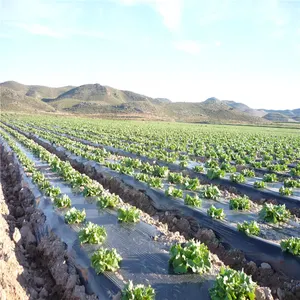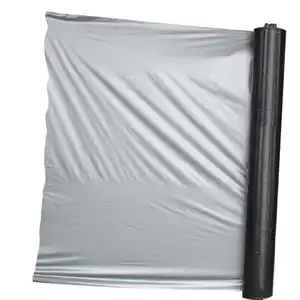Giới thiệu về màng phủ nông nghiệp
Alibaba.com cung cấp các sản phẩm 9372 màng phủ nông nghiệp. Có rất nhiều màng phủ nông nghiệp lựa chọn dành cho bạn, chẳng hạn như nhựa, pe, và hdpe. Bạn cũng có thể chọn từ khuôn, dập, và ép đùn màng phủ nông nghiệp. Cũng như từ đen, trắng, và màu xanh lá cây màng phủ nông nghiệp.Và bất kể màng phủ nông nghiệp là cắt, dệt.









